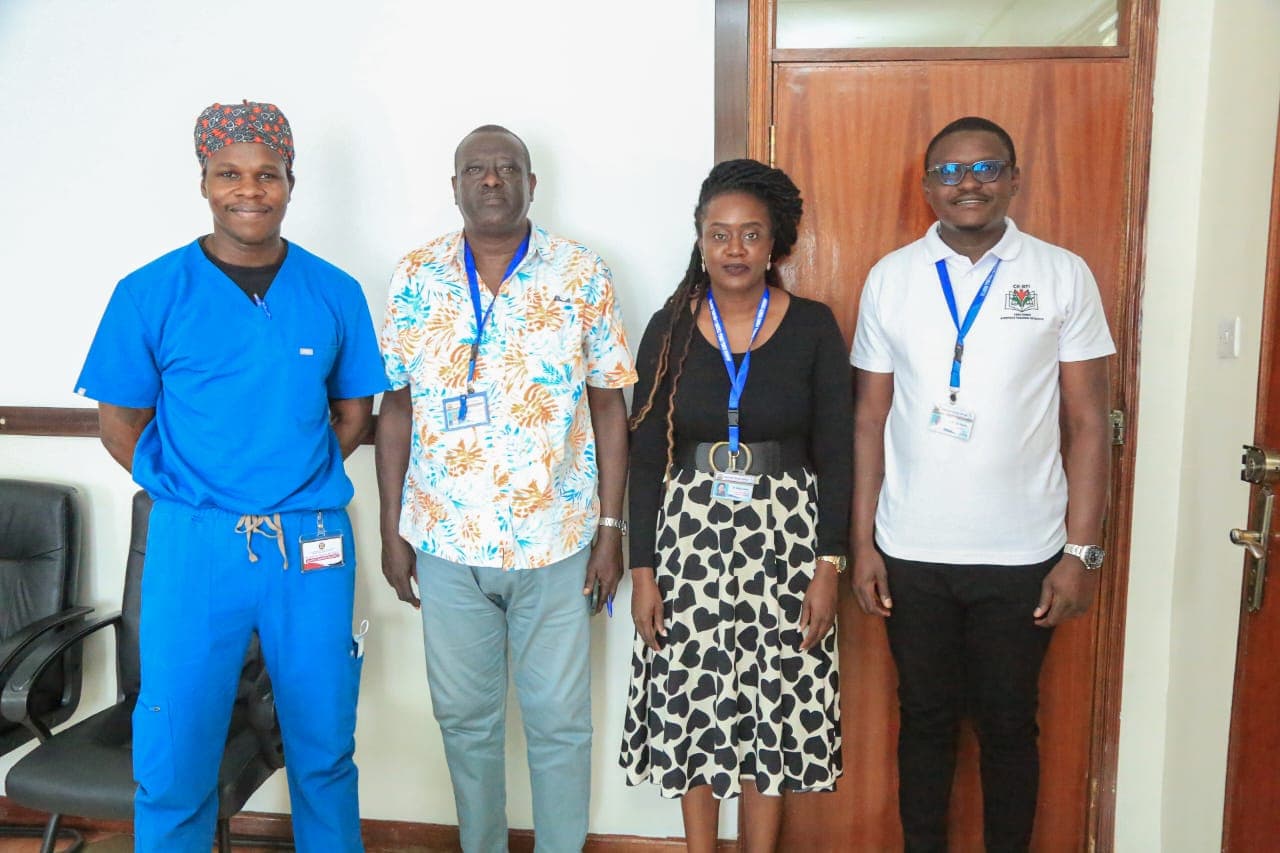We're loading the full news article for you. This includes the article content, images, author information, and related articles.
A new initiative at Jaramogi Oginga Odinga Teaching and Referral Hospital (JOOTRH) has drastically cut breast cancer biopsy times, offering hope for earlier detection in Western Kenya. However, significant delays in histopathology results continue to impede timely treatment.

A collaborative project at Jaramogi Oginga Odinga Teaching and Referral Hospital (JOOTRH) in Kisumu is significantly reducing the time it takes for breast cancer patients to receive a core biopsy. An interim report from January to May 2025 reveals that the average time from a patient's first contact to receiving a core biopsy was a mere 0.22 days, less than six hours. All 34 patients enrolled during this period received biopsies within the two-day target, a marked improvement in a region where such delays often stretched into weeks or months.
This initiative, a partnership between JOOTRH, the Africa Cancer Foundation, and the Tiba Foundation, aligns with the World Health Organization's Global Breast Cancer Initiative (GBCI) recommendation of diagnosis within 60 days of initial symptoms.
Despite the rapid biopsy turnaround, a critical bottleneck persists in histopathology—the analysis of biopsy tissue. The average time for histopathology results stands at 19.1 days, with fewer than 10 percent of cases meeting the 10-day target. This internal delay is now identified as the primary obstacle to timely treatment.
Immunohistochemistry (IHC) testing, vital for determining cancer subtypes and guiding treatment, has shown better performance, with an average turnaround of under 12 days, well below the six-week global benchmark.
Beyond the hospital's diagnostic improvements, deep-rooted challenges continue to delay patients' access to care. Patients at JOOTRH report a median delay of eight months from the first appearance of symptoms to their initial hospital visit. Poverty, social stigma, and a lack of awareness are major contributing factors.
While 94.7 percent of patients are enrolled under the government's Social Health Insurance Fund (SHA/SHIF), three out of four still reported that financial hardship delayed their care. Essential diagnostics, including histopathology, IHC, and CT scans, are only partly covered, leading to significant out-of-pocket expenses for patients.
In Kenya, breast cancer is the leading type of cancer, with an estimated 6,799 cases diagnosed in 2020 and 3,107 reported deaths. Late diagnosis is a significant contributor to these mortality rates, with about 80% of reported cancer cases in Kenya diagnosed at an advanced stage.
The government is simultaneously rolling out other significant programs. The National Youth Opportunities Towards Advancement (NYOTA) program, a KES 5 billion initiative, has officially commenced. Launched by President William Ruto, the program aims to empower 100,000 young people with start-up capital, training, and mentorship. It targets youth aged 18-29 (up to 35 for persons with disabilities) with Form 4 education or below, who are unemployed, underemployed, or in low-tier employment.
Additionally, Cabinet Secretary for Public Service, Human Capital Development and Special Programmes, Geoffrey Ruku, recently flagged off relief food to drought-hit Arid and Semi-Arid Land (ASAL) counties. This intervention targets 23 ASAL counties, where 2.15 million people urgently require food assistance.
The persistent delays in histopathology results at JOOTRH pose a significant risk to breast cancer patients, potentially leading to disease progression and poorer treatment outcomes. The financial burden on patients, despite SHIF enrollment, highlights gaps in insurance coverage for critical diagnostic services. Addressing these laboratory and financial challenges is crucial for improving breast cancer survival rates in Western Kenya. The success of the JOOTRH project in accelerating biopsies demonstrates that targeted interventions can yield rapid improvements, but comprehensive systemic reforms are still needed.
Keep the conversation in one place—threads here stay linked to the story and in the forums.
Sign in to start a discussion
Start a conversation about this story and keep it linked here.
Other hot threads
E-sports and Gaming Community in Kenya
Active 9 months ago
The Role of Technology in Modern Agriculture (AgriTech)
Active 9 months ago
Popular Recreational Activities Across Counties
Active 9 months ago
Investing in Youth Sports Development Programs
Active 9 months ago
Key figures and persons of interest featured in this article